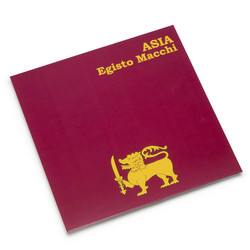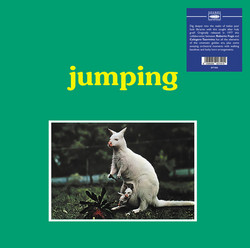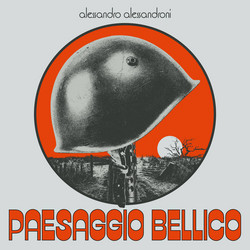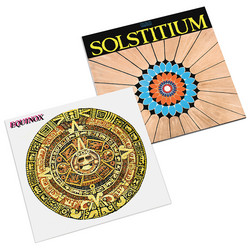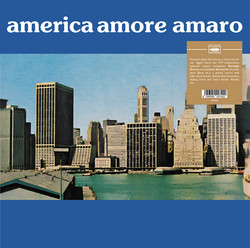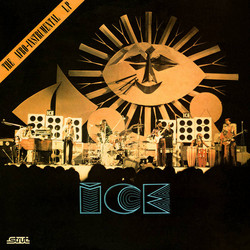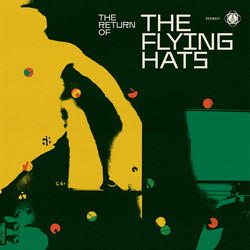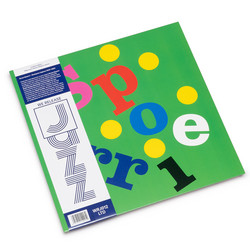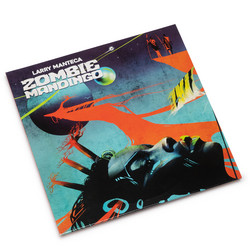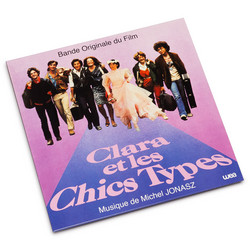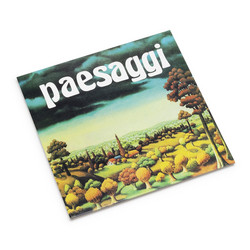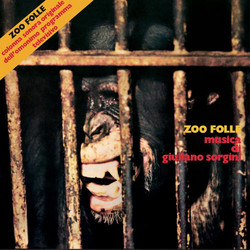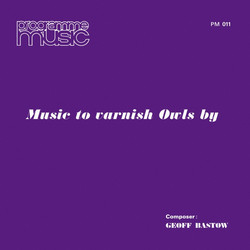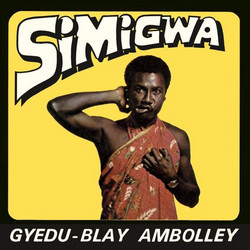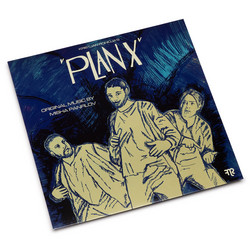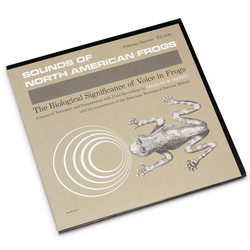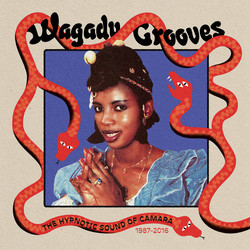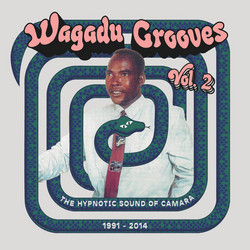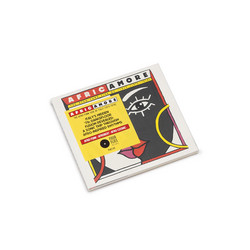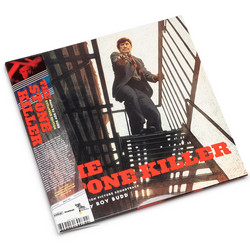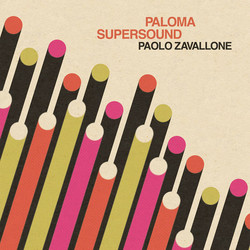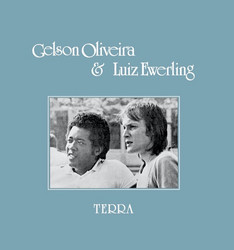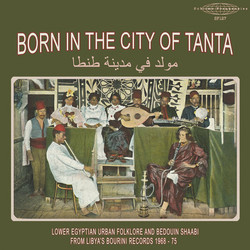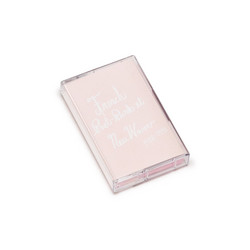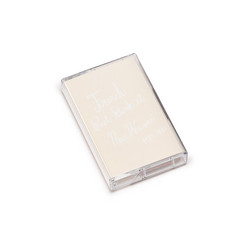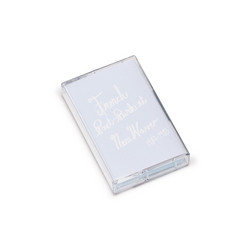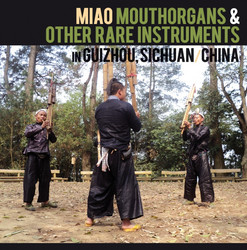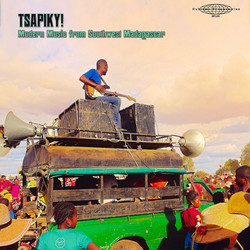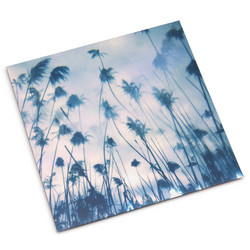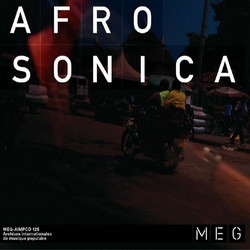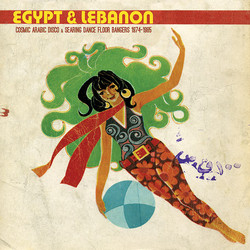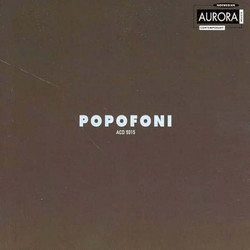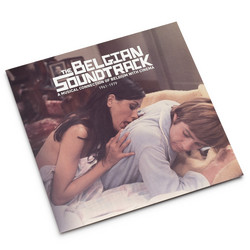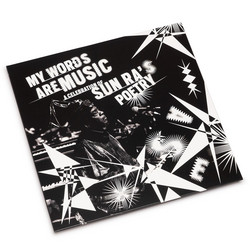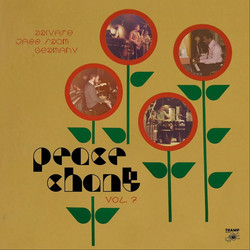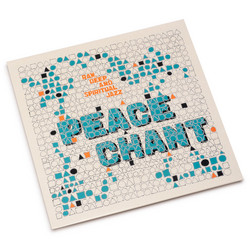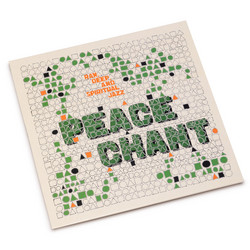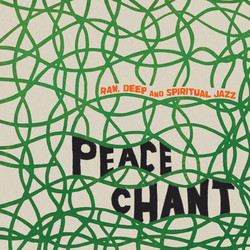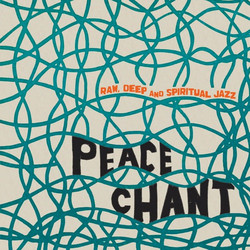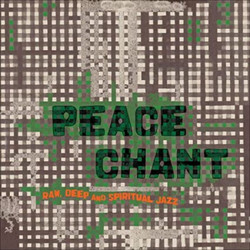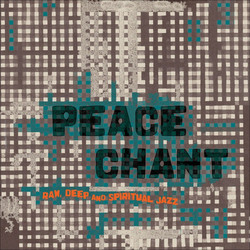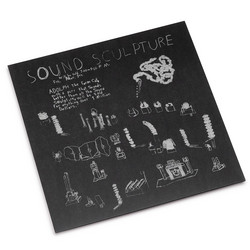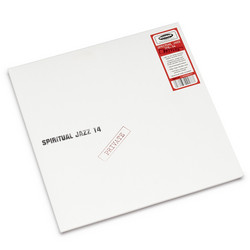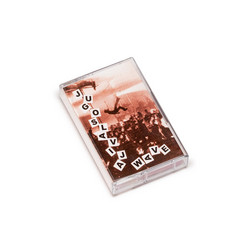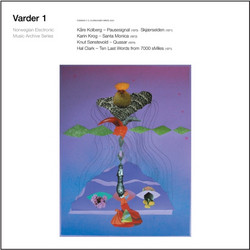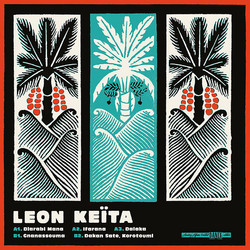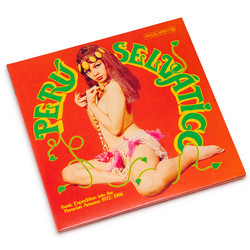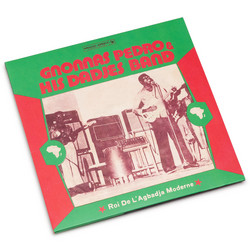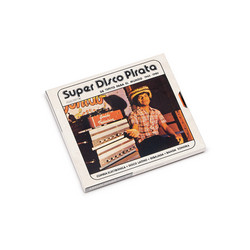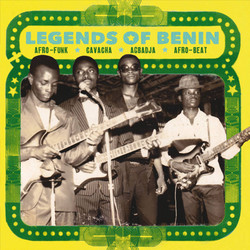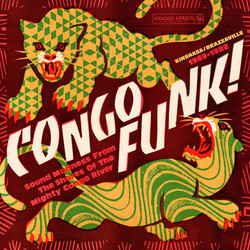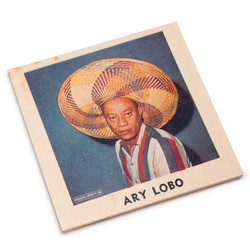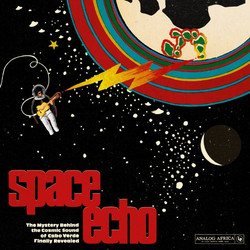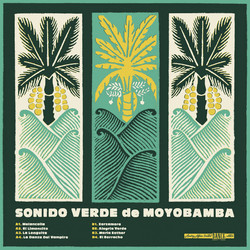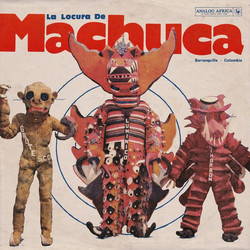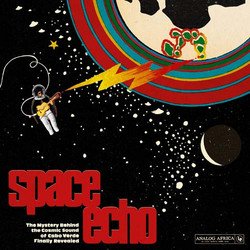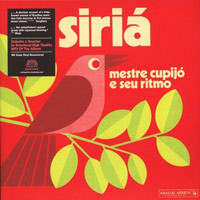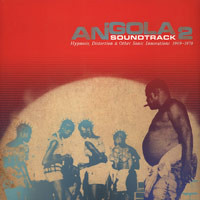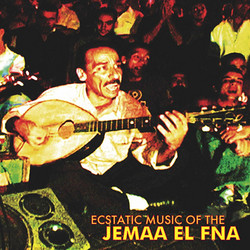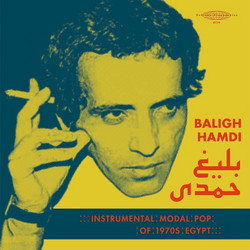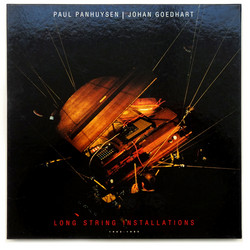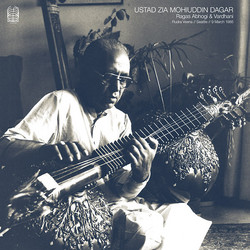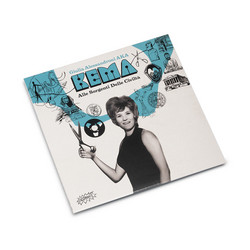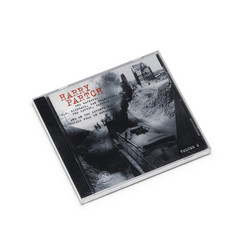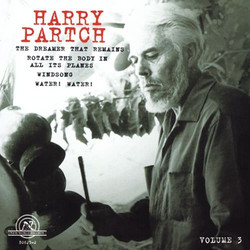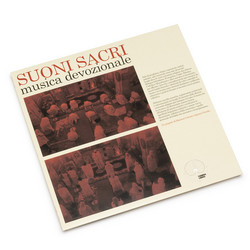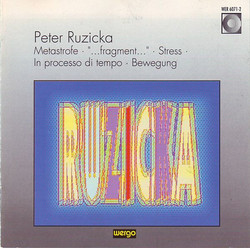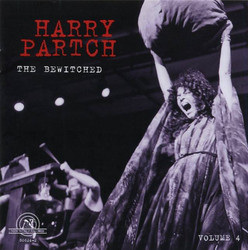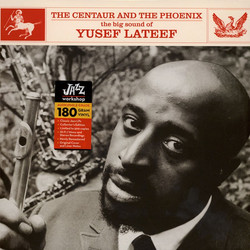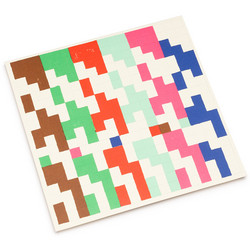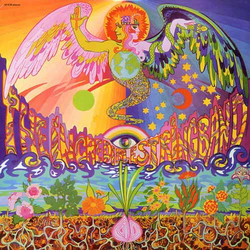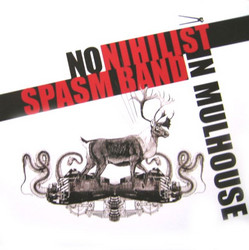Various
Super Disco Pirata - De Tepito Para El Mundo 1965-1980 (2LP + Booklet)
I first became aware of “pirata” LPs in 2020 while hunting for records in Mexico City: their weird-looking DIY covers – and the edited, tweaked, EQ-manipulated and pitched-down music they contained – got me hooked. There was no denying it: the more I became immersed in the world of these illicit productions the more I became intrigued; and before long it became crystal clear that I would one day release my own compilation compiled out of pirated compilations. But beyond my own fascination with that parallel world, it was undeniable that the “pirata” movement had played a significant role in shaping the musical scene of Mexico. So how did it all start?
During the 1980s, a group of music dealers and record collectors from Mexico City joined forces to create a series of illegally manufactured vinyl records containing rare and highly-sought hits from Perú, Ecuador, Colombia and beyond. At the time, Mexico City’s dance-party scene was ruled by the sonideros, a highly developed network of mobile soundsystem operators. The popularity of the sonideros led to a growing demand for tropical music, as their fan base became increasingly hungry for the “exclusive” hits associated with particular sonidos. Additionally record dealers were getting frustrated with the music industry constantly “feeding” them streams of mediocre records and from this frustration came the idea of compiling and manufacturing LPs on which every song was a hit: “no matter where the needle dropped, it had to be a song capable of igniting the party.”
These bootleg compilations – known as “pirata” – were pressed during graveyard shift on recycled vinyl in editions of no more than 500; they were cheaply produced and sold just as cheaply to people who otherwise wouldn’t have been able to afford them. They were played extensively in every corner of Mexico’s heavily-populated barrios where, in addition to educating the ears of the youngsters, they also promoted some of the best tropical music recorded in Latin America.
According to various first-hand accounts these “piratas” began to appear mysteriously in the early 1980s at various market stalls in Tepito, Mexico City’s infamous barrio, a place where one can attend daytime Salsa parties, get any drug imaginable, buy any kind of weapon and, of course, purchase pirated music in all formats. It seems that the manufacturers of pirata LPs worked on the principle that “what happens in Tepito stays in Tepito” and getting information about their bootlegging operations was difficult, not to mention dangerous. My partner in crime – Carlos “Tropicaza” Icaza, who had agreed to write the notes to this project – was quick to point out that: “We won’t be able to disclose any names. We’ll have to be careful how we tell the story!”
At first the pirata LPs came in a simple generic covers, had made-up company names such as Discos Music-Hall, Carioca, Garden, or Miami, and contained popular street-dance songs in nearly every tropical genre. As these unlikely compilations became successful and new ones started being produced at a rate of one per month, the pirates began designing and printing interesting looking covers which often featured the logos of some of the most popular sonidos such as Rolas, Pancho, La Changa, Arco-Iris, Casablanca. The pioneer of this design style was Jaime Ruelas, who had started out as a DJ for the legendary mobile discoteque Polymarchs before using his illustration skills to design their flyers, posters and logos. Taking direct inspiration from science fiction movies and heavy metal covers, the graphics he created became a key element of sonidero culture.
The anonymous manufacturers may not have realised it at the time but, in daring to create pirata LPs, they were helping to consolidate and expand a love for tropical music and dance among the population of Mexico City and beyond. The records themselves are a key element of the sonidero culture that was recently declared as part of the Intangible Cultural Heritage of Mexico City for the impact that it has had on multiple generations who identified with the communal experience of the street party, and for whom music and dance became an essential part of daily life.
This double-LP contains 23 tropical floor-fillers sourced from the finest and strangest pirata LPs produced during the golden age of Mexico City’s mobile soundsystems. It also includes a large booklet containing extensive notes and photos and It is dedicated to all the sonideros for their ground-breaking roles as ambassadors of tropical music within mexican society.
